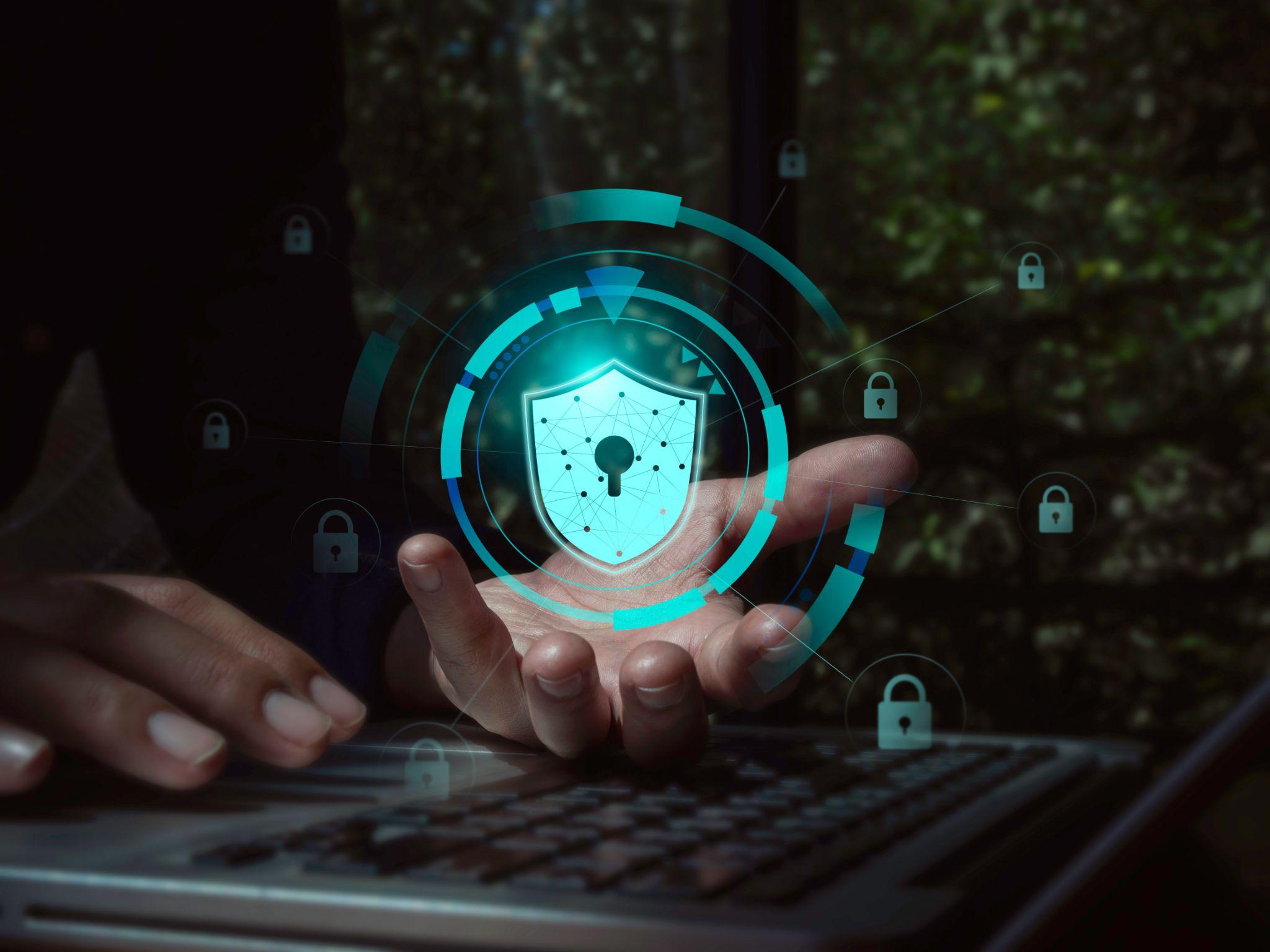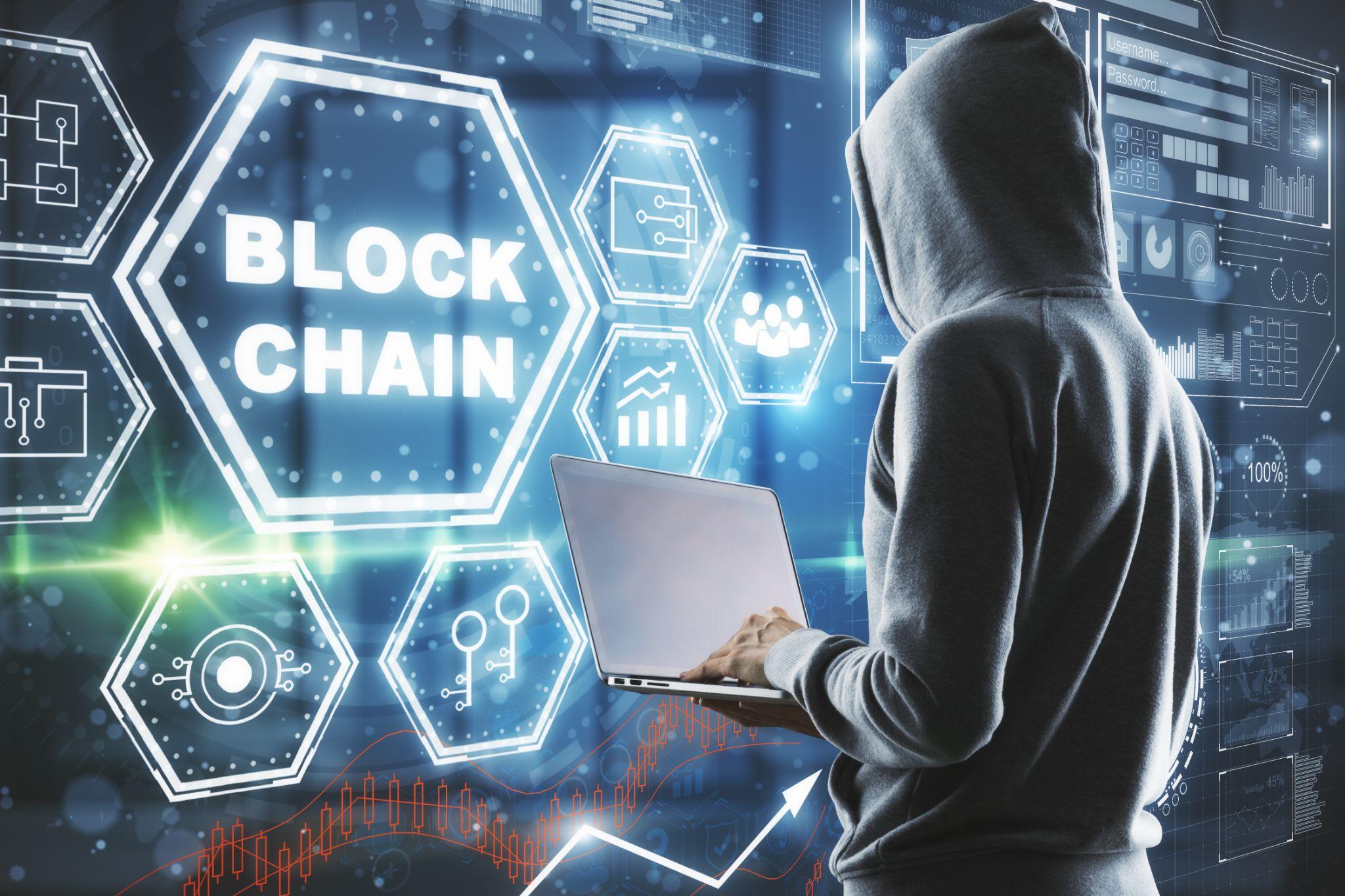
Introduction: The Emergence of a New Era in Online Privacy
The Digital Identity Revolution: In an age where digital footprints are becoming increasingly vulnerable, the emergence of blockchain technology has ushered in a revolutionary approach to online privacy. This article delves into how decentralized identity, powered by blockchain, is redefining the norms of personal data security and user autonomy. With the digital landscape continually evolving, the importance of protecting one’s online identity has never been more crucial. Blockchain’s decentralized nature offers a groundbreaking solution, promising a future where privacy and digital sovereignty are prioritized, marking a significant shift from traditional data management practices.
Understanding Decentralized Identity: Redefining Personal Data Control
Breaking Down the Basics: Decentralized identity represents a paradigm shift from traditional, centralized models of personal data management. Unlike conventional systems where user data is stored and managed by central authorities, decentralized identity places this control directly in the hands of the users, leveraging the robustness of blockchain technology. This shift heralds a new era where individuals can exercise unprecedented control over their personal information, heralding a future of enhanced trust and security in digital interactions. This novel approach not only empowers users but also disrupts the current dynamics of data control, signaling a major transformation in how we manage and perceive digital identity.
The Role of Blockchain: A Pillar of Decentralized Identity
The Backbone of a New System: Blockchain serves as the foundational technology for decentralized identities. It ensures security, transparency, and tamper-proof record-keeping, enabling users to manage their identities without relying on third-party intermediaries. This section explores how blockchain’s inherent features make it ideal for implementing decentralized identity systems. The decentralized nature of blockchain fundamentally alters the landscape of digital identity, providing a platform that is not only secure but also user centric. By eliminating central points of failure and increasing resilience against data breaches, blockchain technology stands at the forefront of a privacy-centric digital future.

Benefits of Decentralized Identity: Empowering Users
Enhancing Privacy and Security: Decentralized identity systems offer numerous advantages, including enhanced privacy, reduced risks of data breaches, and user empowerment in data management. This part of the article highlights how these systems are not only fortifying online privacy but also reshaping user interactions with digital services. By giving users the reins of their digital identities, blockchain-based systems foster a more secure and equitable online environment. This empowerment extends beyond privacy, creating opportunities for new business models and user experiences that prioritize individual rights and data sovereignty.
Challenges and Considerations: Navigating the New Landscape
Addressing the Roadblocks: While decentralized identity systems offer significant benefits, they also come with challenges. This section addresses the technical, regulatory, and adoption-related hurdles that must be overcome to fully realize the potential of decentralized identities in enhancing online privacy. The path towards widespread adoption of decentralized identities is not without its complexities, involving multifaceted challenges that span technological intricacies, regulatory frameworks, and societal acceptance. These obstacles underscore the need for a collaborative approach that involves various stakeholders, including technologists, policymakers, and end-users, in shaping a secure and user-friendly decentralized identity ecosystem.
Conclusion: The Future of Online Identity and Privacy
A Glimpse into Tomorrow: As we conclude, we summarize the transformative impact of blockchain on decentralized identities and reflect on how this technology could shape the future of online privacy. The closing thoughts aim to provoke further contemplation about the evolving landscape of digital identity and the role of blockchain technology in it. The journey towards a blockchain-powered era of decentralized identity is not just a technological evolution but a cultural shift towards greater personal autonomy and privacy. As this technology continues to mature, it promises to redefine the very fabric of our digital interactions, heralding a new age of privacy, security, and trust in the online world.










